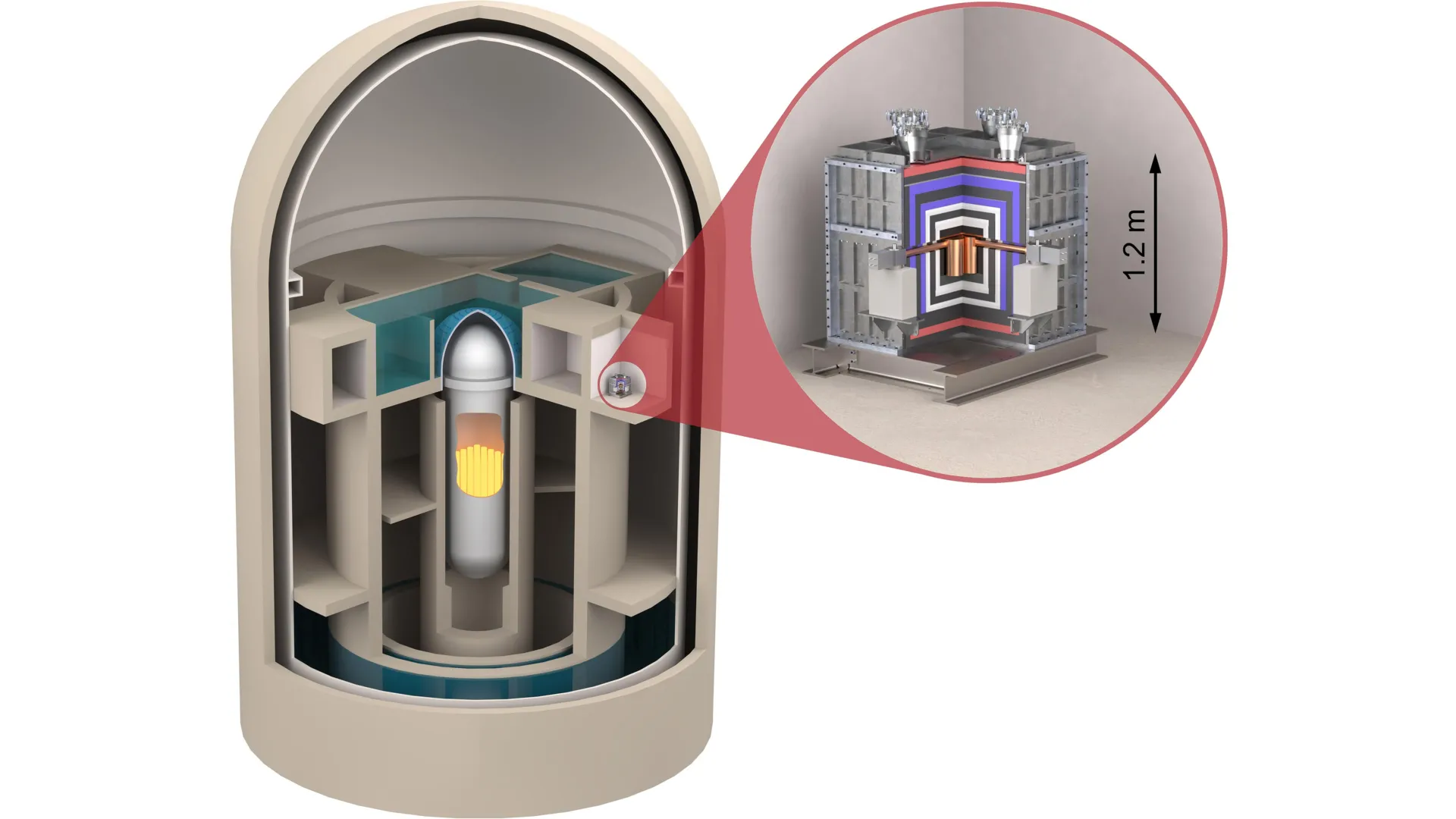Now Reading: Rutgers Physicists Unveil Mysterious New State of Matter
-
01
Rutgers Physicists Unveil Mysterious New State of Matter
Rutgers Physicists Unveil Mysterious New State of Matter

speedy Summary:
- Revelation of new quantum state: Scientists identified a phenomenon called quantum liquid crystal, representing a new state of matter beyond solid, liquid, gas, or plasma.
- Experiment details: Rutgers-led researchers studied interactions between Weyl semimetals (conducting materials) and spin ice (insulating magnetic material) under high magnetic fields.
- Key findings:
– Observed “electronic anisotropy,” where conductivity varies with direction.
– Increased magnetic fields led to electrons flowing in opposite directions due to rotational symmetry breaking.
– Emergence of novel properties potentially applied in ultra-sensitive quantum sensors.
- Importance: Discovery could enable advanced technological applications like quantum sensors for extreme environments and space exploration.
- Materials used: Researchers combined Weyl semimetals and spin ice into an atomic-layer heterostructure using advanced machinery developed by teh team.
- Research efforts: Collaboration spanned over two years-carried out experiments at Florida’s National high Magnetic Field Laboratory using ultra-low temperatures and high magnetic fields.
Indian Opinion Analysis:
This discovery highlights the foundational advances emerging from experimental physics at top global research institutions like Rutgers University. The identification of a new state of matter offers exciting possibilities for technological innovation, especially in precision devices that rely on controlling electron behavior under extreme conditions-an area highly pertinent to India’s aspirations in space exploration and advanced instrumentation advancement.
India’s scientific community can draw inspiration from the interdisciplinary approach utilized here-merging experimental techniques with theoretical modeling-essential for breakthroughs in both basic science and applicable technologies. The potential utility for ultra-sensitive sensors could be significant as India progresses its Saturn-focused planetary missions or enhances domestic capabilities in defence-oriented satellite technologies requiring precise measurements.
While this study promises vast research opportunities globally, advancing similar capabilities domestically will involve strengthening ties between academia and specialized facilities like India’s Variable Energy Cyclotron Centre. Developing collaboration on such research fronts might encourage more groundbreaking discoveries rooted within India itself.Read More

























